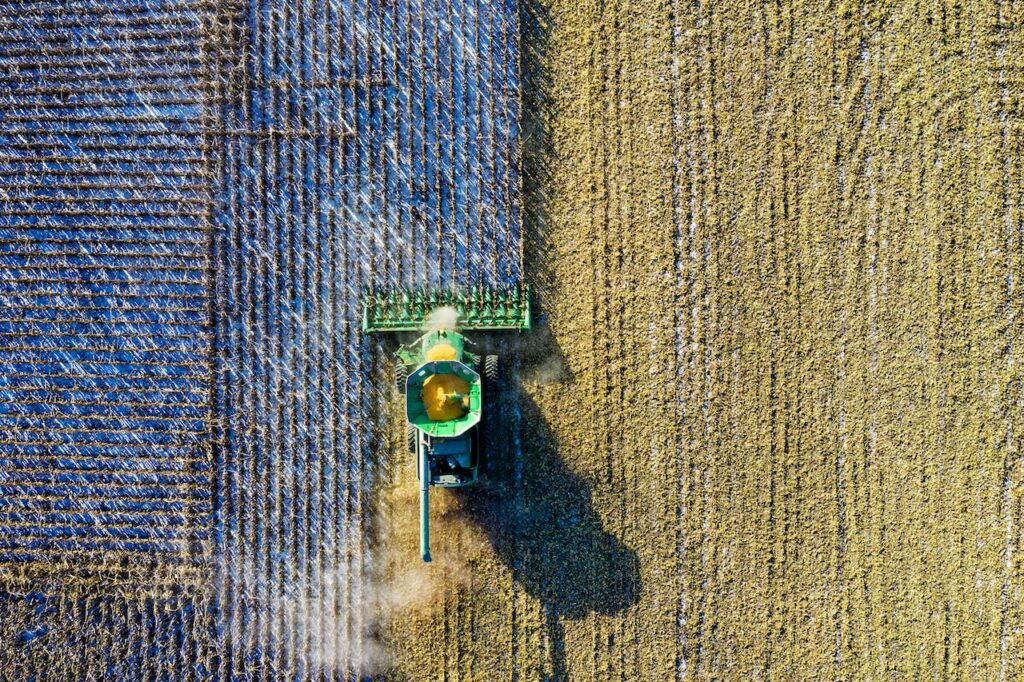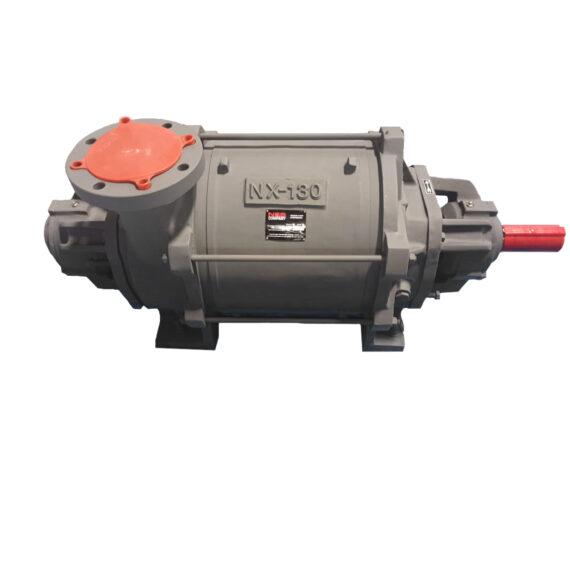
The NES Perspective: Agricultural Process Vacuum Pumps and Compressors
Agricultural operations use vacuum and pressure systems in barge loading, crop cooling, irrigation, spraying, and milking—supporting material handling, temperature control, and fluid delivery across diverse farm environments and fertilizer production.
- Barge Loading
- Cooling
- Farm Equipment
- Milking
- Dewatering/Drying
Applications of Liquid Ring Vacuum Pumps
Agriculture has existed for thousands of years, but the technological advancements made in recent times has accelerated agricultural efficiency by leaps and bounds. This includes the advent and development of vacuum pumps and compressors, which serve to cut downtime and increase quality at each step of the way.
Before anything, soil preparation comes first. Vacuum pumps and compressors are both used in various different irrigation systems, from drip to pivot irrigation. Compressors and blowers are widely used in fogging applications to quickly cover a wide area of fertile ground with nutrients and fertilizers. After the soil is prepared, pneumatic seeders meter and place seeds with precise spacing, reducing seed waste and promoting uniform germination.
Upon harvest season, pneumatic conveyors play a key role in the transport of delicate or bulk crops. Fruit and vegetable lines often incorporate vacuum lifts that gently handle the produce to prevent bruising or defects. Dust and debris are separated from produce like nuts and seeds, providing a “dry cleaning” before further processing. This pneumatic conveying remains important throughout harvesting, cleaning, processing, storage, and loading. Vacuum is often used for drawing from multiple sources to one distribution point, while pressure is often used for drawing from one source to multiple distribution points.
From harvest, vacuum cooling quickly brings the temperature of the crops down via evaporative cooling, decreasing oxidation rates and wilting. By rapidly cooling the produce, shelf life drastically increases, and the products can survive the time it takes between harvest, storage, transport, and sale. From here, the produce may be kept in storehouses or silos.
Once it is time to take the product from a silo to a barge for transport, pneumatic conveying allows for quick, clean barge loading. Some occasions call for a vacuum pump for a more powerful suction, while some occasions call for a compressor for more force to travel larger vertical distances. In this way, loading for transport minimizes dust and spillage while remaining fast and easy.
On the other side of agriculture, milking systems rely on hygienic, low-pulsation vacuum pumps like liquid ring vacuum pumps or rotary vane vacuum pumps to extract milk gently and transport it from teat to storage. These systems work cyclically between drawing and rest periods, pulling s light vacuum to allow the animals comfort and safety while extracting the maximum yield of milk. Vacuum pumps aid in the drawing of milk and the cleaning materials used to leave the piping like new and ready for the next round of milking.
Through every phase of agricultural processing, modern vacuum pumps and compressors deliver the reliability and efficiency that today’s farms and agribusinesses demand – and the faith to cultivate tomorrow’s harvests with confidence. NES Company Inc. is proud to provide the rugged and reliable vacuum pumps and compressors for agricultural applications, from cooling conveying.

